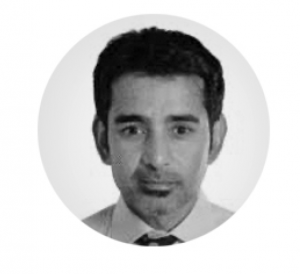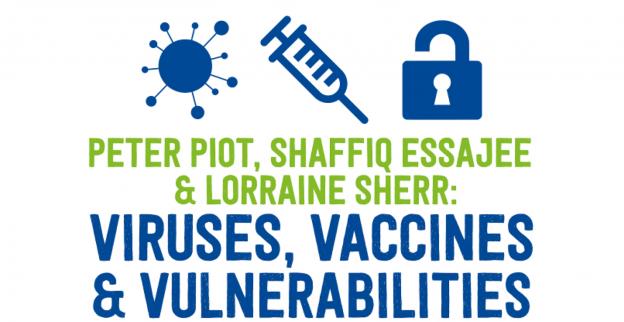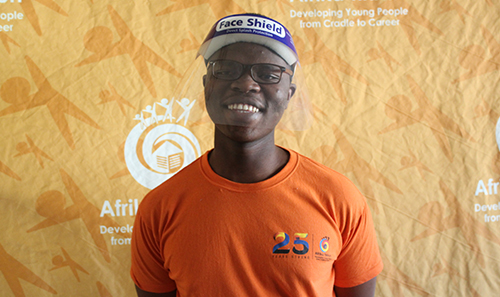Date and time:
6.30 – 7.30pm UK, 8.30 – 9.30pm South Africa
World AIDS Day, Tuesday 1 December
JOIN LIVESTREAM
Three of the world’s leading experts on HIV/AIDS join us for a World AIDS Day special livestream. We look at the impact of HIV on children and parenting, including in the context of Covid, with world authorities Dr Shaffiq Essajee and Professor Lorraine Sherr.Then Professor Peter Piot will talk about his experience as the head of the UN’s AIDS programme for more than a decade, as well as his co
discovery of the Ebola virus and his personal as well as professional
battle with COVID. He will be in conversation with Lord Daniel
Finkelstein.
Joining us as co-host will be Becky Kroger, HIV youth advocate and an Ambassador for One to One Children’s Fund.

Professor Peter Piot
Peter Piot is Director of the London School of Hygiene & Tropical Medicine, and one of the world’s leading virologists. He was the codiscoverer of the Ebola virus in 1976 and has spent his career fighting infectious diseases. He headed the Joint United Nations Programme on HIV/AIDS between 1995 and 2008 and was undersecretary general of the UN. Peter has written a fascinating account of his incredible life on the front lines in the fight against deadly diseases and an amusing critique of some of the world leaders, and dictators, he has met, in his inspiring memoir, NO TIME TO LOSE. Peter has been at the forefront of preparations for new epidemics to come and fell dangerously ill with Covid-19 in mid-March, still living with the after-effects.

Dr Shaffiq Essajee
Shaffiq Essajee is the Deputy Chief of UNICEF’s global HIV/AIDS programmes. He is a clinician, scientist and public health specialist who has been caring for children with HIV in New York and his native Kenya for over 20 years. His work on the genetic diversity of HIV in children could change the way the virus is treated around the world. Shaffiq took over the Chair of PATA (Paediatric and Adolescent AIDS Treatment for Africa) from David Altschuler last year.

Professor Lorraine Sherr
Lorraine Sherr is a clinical psychologist and a Professor of Clinical and Health Psychology at University College London. She works at national and international levels on HIV, mental health, treatment adherence, gender, parenting and cognitive development. Her expertise on the cognitive impact on children in HIV-affected families has led to the development of One to One’s Bright Start programme.

Lord Daniel Finkelstein
The conversation will be moderated by Lord Daniel Finkelstein, a member of the House of Lords, and a political columnist and associate editor of The Times.

Becky Kroger
Becky Kroger was one of the first children to receive antiretroviral medication in South Africa, receiving this through a One to One
Children’s Fund programme. Now, some two decades later, Becky leads a full and thriving life, and is a leading youth advocate for young people with HIV. She was DFID’s official youth delegate at AIDS 2018.



